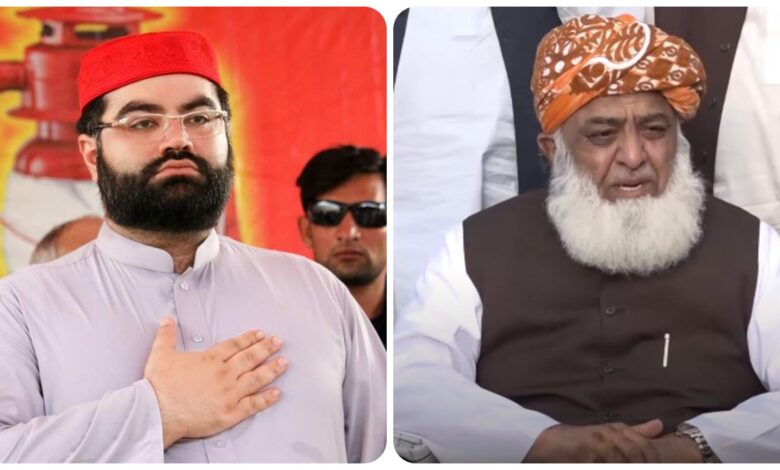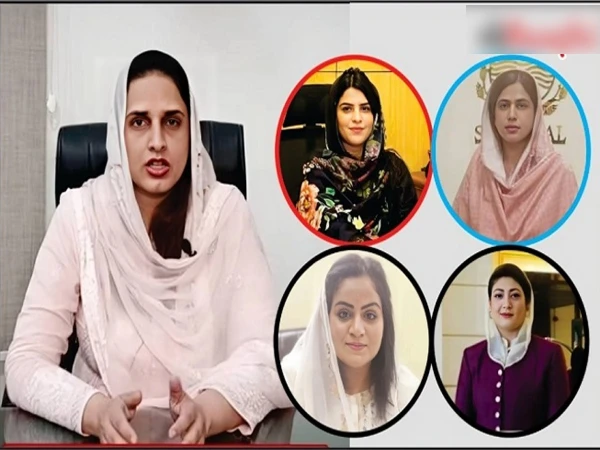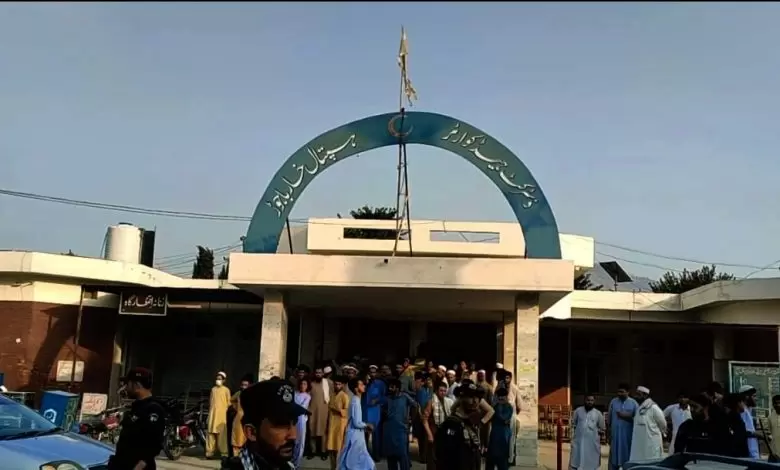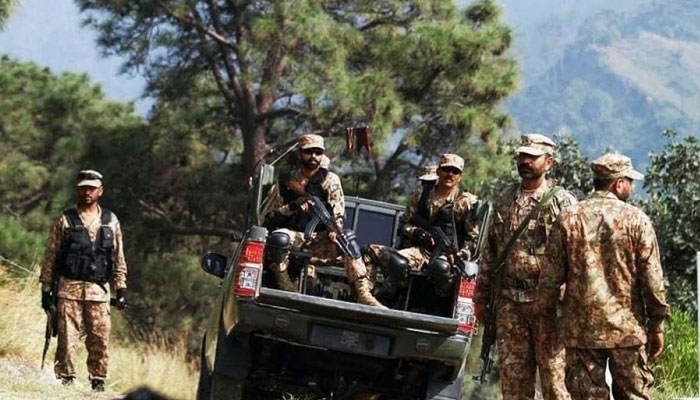
As the Khyber Pakhtunkhwa elections draw near, a wave of terrorist attacks targeting political party workers has commenced. According to political analysts, the assaults on political parties are expected to escalate, significantly impacting their election campaigns.
On December 29, the Ministry of Interior issued a threat alert to the provincial president of the Awami National Party, Amil Wali Khan, as well as to the chief of Jamiat Ulema-e-Islam, Maulana Fazl-ur-Rehman, and his son Asad Mahmood, urging them to exercise caution.
Following the announcement of the general election scheduled for February 8 in Pakistan, there have been two attacks on political workers in the past week. These incidents include a bomb attack on PK-19 candidate Qari Khairullah in Bajaur and an assault on the car of Mohsin Dawar, the leader of the National Democratic Movement.
Also Read: Unraveling the Web of Overthinking: Types, Impacts, and Breaking Free
Political analysts note that over the last two decades, attacks have consistently been launched following terrorist threat alerts before elections. These attacks often target political parties advocating for the supremacy of democracy.
Arshad Momand, a political analyst and journalist, informed TNN that both Jamiat Ulema-e-Islam and the Awami National Party, upon receiving the Ministry of Interior's threat alert, are anticipating difficulties in participating in the upcoming election.
When questioned about the validity of Jamiat's demand to suspend the election, Arshad Mohmand stated that such a demand couldn't serve as justification for postponing the election. He pointed out that the Awami National Party had been a target of terrorism in 2013, yet the election proceeded as scheduled. Given the current circumstances, it appears that the elections will also take place on time.
Lehaz Ali, a political analyst and journalist, echoed a similar sentiment, emphasizing that the Awami National Party faced continuous attacks in 2013 and 2018. Despite feeling constrained during those times, the party did not request a postponement of the election. Ali argued against further delays, stating, "How much more will the election be postponed now? According to the constitution, it should have been held in April 2023 but was postponed until February 2024. I think this has stalled the economic and development work of the province, and there should be no further delay."
Addressing the question of why certain political parties are being targeted, Arshad Momand explained that the Awami National Party had previously conducted extensive operations against the Tehrik-i-Taliban Pakistan (TTP). During its election campaign, the party consistently opposed the extremist thinking and activities of the TTP. Although the Taliban denies involvement in attacks on the masses, only time will reveal who is currently attempting to target them.
Contrarily, journalist Lehaz Ali believes that the primary reason for attacks on political parties is the struggle for democracy, which armed organizations consider 'kafir' (infidel). He noted, "In general, jihadi organizations have been against democracy in Pakistan and consider it a 'kafir' system. They see the struggle as against their thinking, so they are targeted."
Lehaz Ali expressed concern that beyond the Pakistani Taliban, smaller organizations are also conducting operations, raising fears that political parties will encounter more challenges in the near future, significantly impacting their election campaigns.
In contrast, Arshad Momand explained the attacks on Jamiat Ulema-e-Islam, stating that they are facing a robust response from Daesh Khorasan. The reason behind this, according to Momand, lies in the ideological differences between Daesh and the Afghan Taliban. Consequently, Daesh is not only targeting the Afghan Taliban but also Jamiat due to these ideological distinctions.
Next week, Jamiat Ulema-e-Islam chief Maulana Fazl-ur-Rehman is scheduled to visit Afghanistan, having received a briefing from the Ministry of Foreign Affairs on Friday.
Despite the upcoming visit, Maulana Fazl-ur-Rehman has persistently called for the postponement of the elections since their announcement. A unanimous resolution was passed in the Senate of Pakistan on Friday supporting the postponement, although Senator Afnan of the PML-N opposed it.
In contrast, political parties in Pakistan, including the Awami National Party, Pakistan People's Party, Muslim League-N, and Pakistan Tehreek-e-Insaf, are advocating for timely elections.
According to the annual report of the Institute for Peace and Security, terrorist attacks by Tehreek-e-Taliban Pakistan, Daesh Khorasan, and the Baloch Liberation Army increased by 78% in 2023 compared to 2022. The report suggests that these attacks indicate heightened efforts by the TTP and other organizations to exert pressure on the Pakistani government to engage in negotiations with them.
2.jpeg)
1.jpeg)
09 Jul, 2025





1.jpeg)
09 Jul, 2025